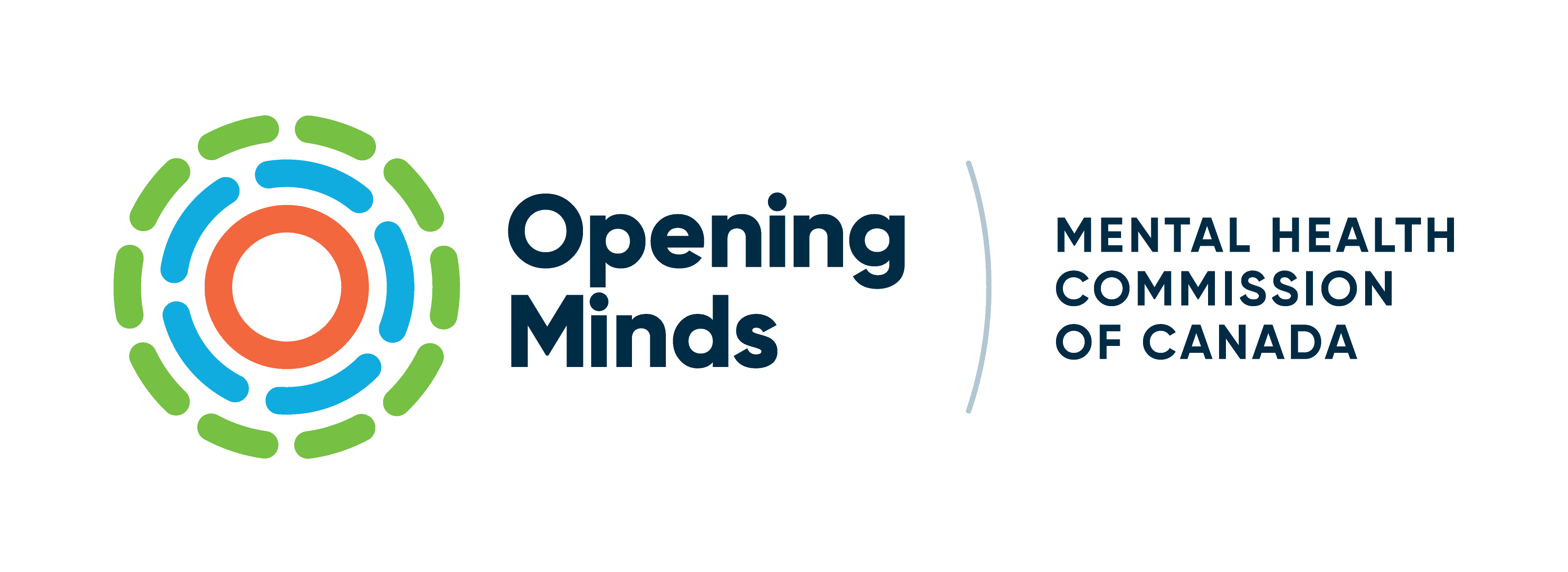Mental Health First Aid - Veteran Community
The MHFA Veteran Community course was developed through funding from the Department of Veterans Affairs; input from stakeholders including veterans, veterans organizations and Veterans Affairs Canada; and pilot testing.
Studies of the mental health of Canadian Veterans show that, although the majority were doing well, a number suffer from mental health problems that affect their functioning, wellbeing, and utilization of health and rehabilitation services.
The MHFA Veteran Community course was developed through funding from the Department of Veterans Affairs; input from stakeholders including veterans, veterans organizations and Veterans Affairs Canada; and pilot testing. Its goal is to improve our collective capacity to recognize and assist with addictions, as well as mental health problems and illnesses, by supporting Veterans in the application of evidence-based practices in service delivery, the workplace and personal interactions.
MHFA for the Veteran Community is tailored to address the needs of Veterans and the people who care for, and about, them. Participants will vary, but all will have some connection to the Veteran community, such as: Veterans themselves, former RCMP members, family members, friends, relatives, health professionals, providers of Veteran services, volunteers and other caring community members.
The course is being funded by Veterans Affairs Canada and is offered at no cost to members of the Veteran community.
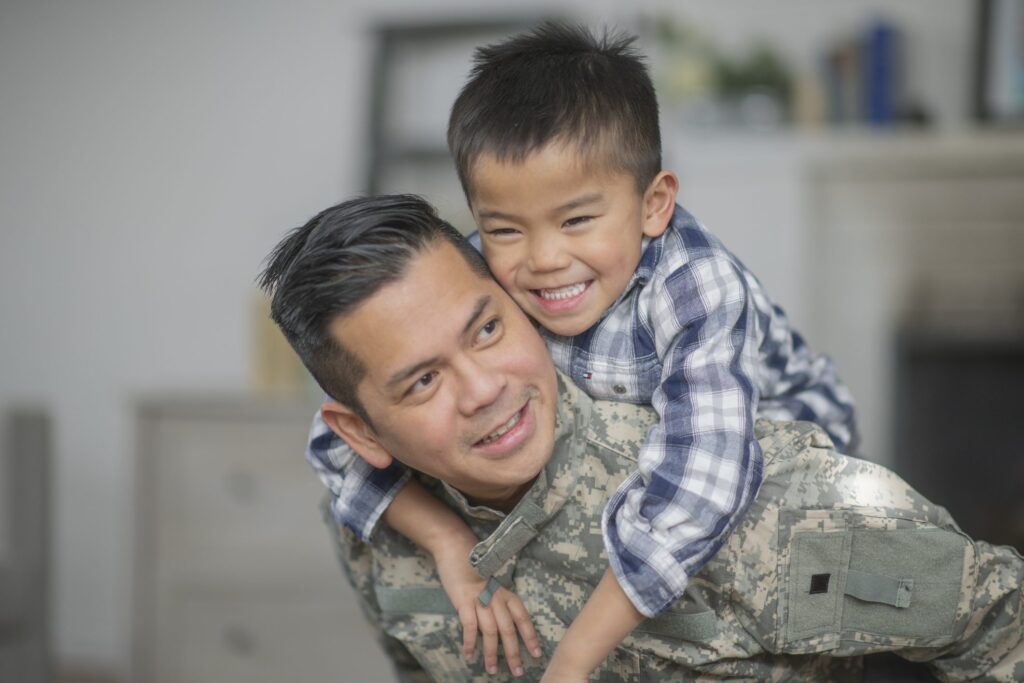
Course model
In the MHFA course, you will gain a solid understanding of the 5 basic actions of ALGEE:
Assess the risk of suicide and/or harm
Listen non-judgmentally
Give reassurance
Encourage professional support
Encourage other supports
ALGEE is the framework for having a confident conversation about mental health with family, friends, colleagues, and strangers.
Key outcomes
- Increase the skills and confidence to engage in effective conversations about mental health in the Veteran community
- Promote greater recognition of the most common mental health problems and illnesses
- Decrease stigma and discrimination around mental health problems and illnesses
- Increase confidence, and willingness, to provide help to others
- Improve mental health of the MHFA participant themselves


Crisis first aid skills learned
- Substance overdose
- Suicidal behaviour
- Panic attack
- Acute stress reaction
- Psychotic episode
Course sections
1. Mental Health and Stigma
- What is Mental Health First Aid?
- Common mental health problems
- Five basic actions of mental health first aid
- Stigma and discrimination

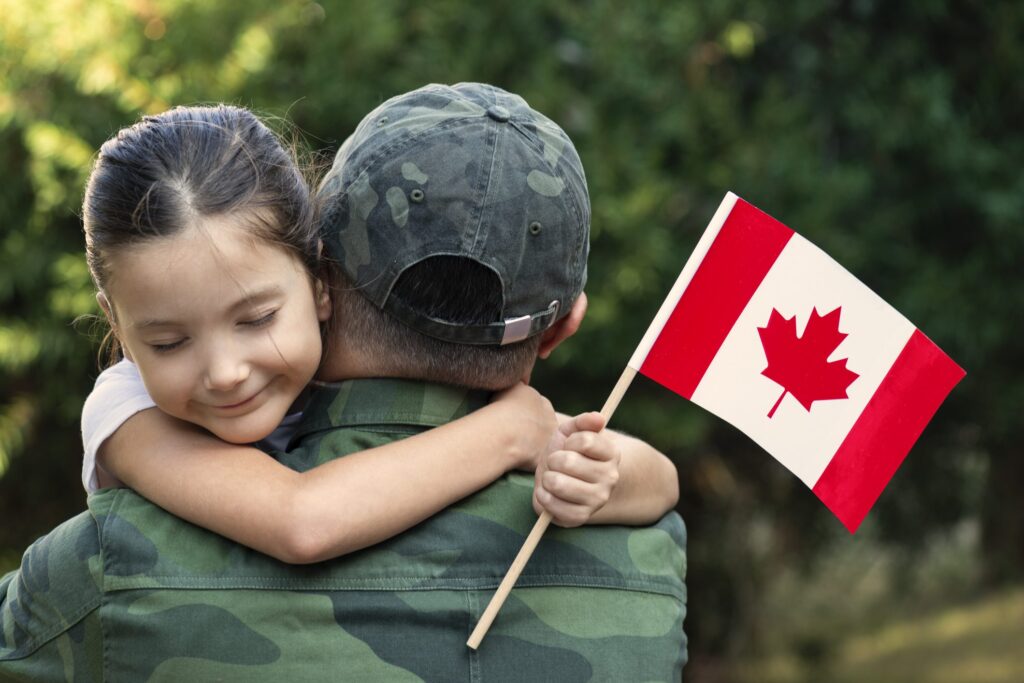
2. Mood-related disorders
- What is a mood-related disorder?
- Types of mood-related disorders
- Signs and symptoms
- Risk factors
- Substance use and mood disorders
- Suicide in Canada
- MHFA for mood-related problems
- Reasons for non-suicidal self-injury (NSSI)
- MHFA for non-suicidal self-injury
- Treatment and resources
3. Anxiety and trauma-related disorders
- What are anxiety and trauma related disorders?
- Types of anxiety and trauma related disorders
- Signs and symptoms
- Risk factors
- Substance use and anxiety related disorders
- MHFA for anxiety and trauma related problems
- Crisis first aid for panic attacks
- Crisis first aid for acute stress reactions
- Treatment and resources


4. Psychotic disorders
- What is a psychotic disorder?
- Types of psychotic disorders
- Signs and symptoms
- Risk factors
- Substance use and psychotic disorders
- MHFA for anxiety problems
- Crisis first aid for psychotic episodes
UPCOMING COURSES ACROSS CANADA
Interested in mental wellness training?
We have upcoming courses fit for your needs and in formats that work with your life.
Search our courses
Looking for more information before making a decision?
Our Impact at Work
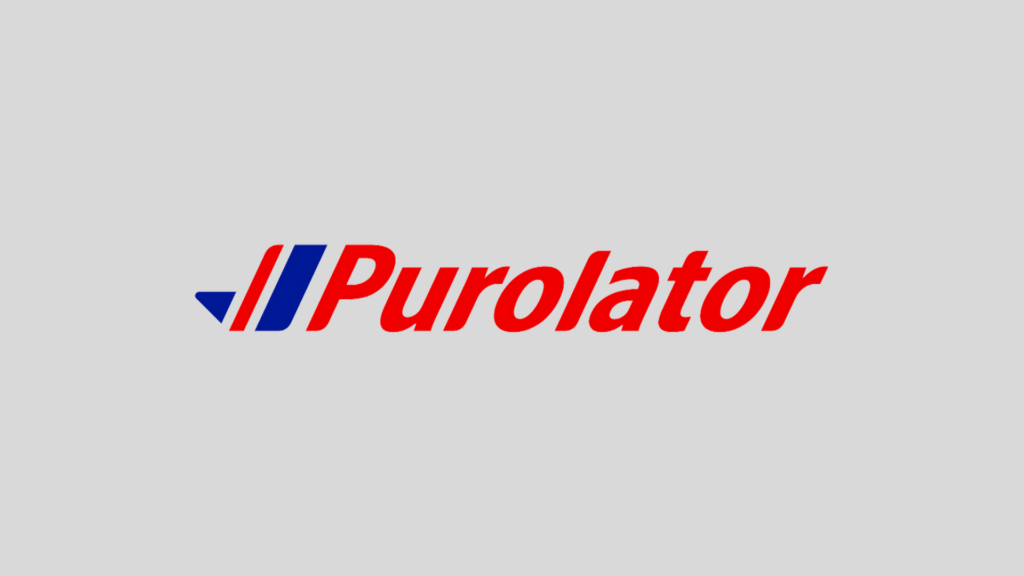
Latest News
